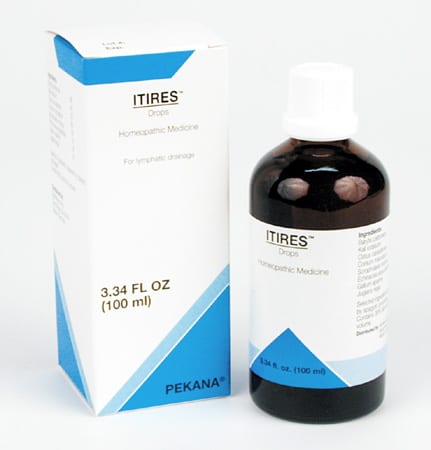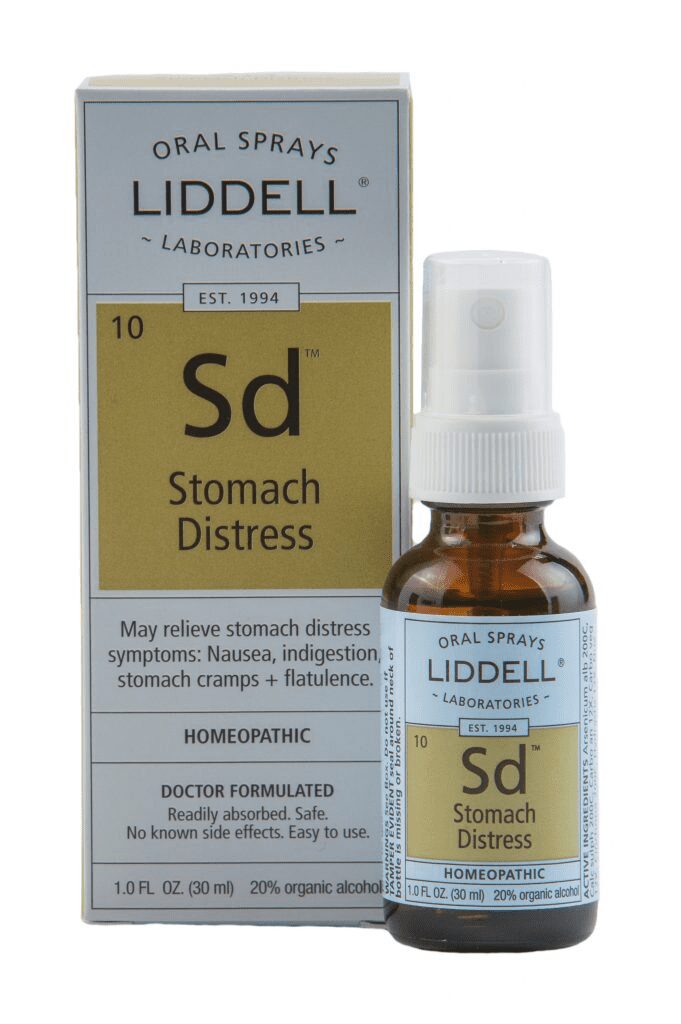Super EPA 90 gelcaps SP608NC non-Certified and NSF Certified for Sport SP608
Super EPA Warnings – ALLERGY WARNING Super EPA is contraindicated in an individual with a history of hypersensitivity to any of its ingredients. The omega-3 fatty acids in Super EPA are derived from fish.
PREGNANCY
If pregnant, consult your health professional before using this product.
INTERACTIONS
There are no known adverse interactions or contraindications at publication date.
Super EPA Key Ingredients
Ingredient Amounts
| Name | Amount |
|---|---|
| DHA (Docosahexaenoic Acid) | 270mg |
| EPA (Eicosapentaenoic Acid) | 425mg |
| Other Ingredients: Gelatin (Bovine), Purified Water and Glycerin (Vegetable Source) Gel Cap, Mixed Tocopherols |
Thorne Verified
Overview
Fish oil is a dietary source of omega-3 fatty acids. Your body needs omega-3 fatty acids for many functions, from muscle activity to cell growth.
Omega-3 fatty acids are derived from food. They can’t be manufactured in the body. Fish oil contains two omega-3s called docosahexaenoic acid (DHA) and eicosapentaenoic acid (EPA). Dietary sources of DHA and EPA are fatty fish, such as salmon, mackerel and trout, and shellfish, such as mussels, oysters and crabs. Some nuts, seeds and vegetable oils contain another omega-3 called alpha-linolenic acid (ALA).
Fish oil supplements come in liquid, capsule and pill form.
People take fish oil for its anti-inflammatory effects.
Evidence
Research on the use of fish oil for specific conditions shows:
- Heart disease. While research shows that people who eat dietary sources of fish oil at least twice a week have a lower risk of dying of heart disease, taking fish oil supplements seems to have little to no benefits to heart health.
- High blood pressure. Multiple studies report modest reductions in blood pressure in people who take fish oil supplements. There’s some evidence that the beneficial effects of fish oil might be greater for people with moderate to severe high blood pressure than for those with mild blood pressure elevation.
- High triglycerides and cholesterol. There’s strong evidence that omega-3 fatty acids can significantly reduce blood triglyceride levels. There also appears to be a slight improvement in high-density lipoprotein (HDL, or “good”) cholesterol, although an increase in levels of low-density lipoprotein (LDL, or “bad”) cholesterol also was observed.
- Rheumatoid arthritis. Studies suggest fish oil supplements might help reduce pain, improve morning stiffness and relieve joint tenderness in people with rheumatoid arthritis. While relief is often modest, it might be enough to reduce the need for anti-inflammatory medications.
Our take
Omega-3 fatty acids are essential for good health. Try to get them from your diet by eating fish — broiled or baked, not fried. Fish oil supplements might be helpful if you have high triglycerides or rheumatoid arthritis.
Fish oil appears to contain almost no mercury, which can be a cause for concern in certain types of fish. While generally safe, getting too much fish oil can increase your risk of bleeding and might affect your immune response. It’s not clear whether fish oil is safe for people who are allergic to seafood. Take fish oil supplements under a doctor’s supervision.
Safety and side effects
When taken as recommended, fish oil supplements are generally considered safe.
However, fish oil supplements can cause mild side effects, including:
- A fishy aftertaste
- Bad breath
- Heartburn, nausea or diarrhea
- Rash
Taking high doses of fish oil supplements might increase the risk of bleeding and possibly increase the risk of stroke.
Interactions
Possible interactions include:
- Anticoagulant and antiplatelet drugs, herbs and supplements. These types of drugs, herbs and supplements reduce blood clotting. It’s possible that taking fish oil supplements with them might increase the risk of bleeding.
- Blood pressure drugs, herbs and supplements. Taking fish oil supplements might slightly lower blood pressure. Taking these supplements with blood pressure drugs might increase the effects on blood pressure.
- Contraceptive drugs. Some contraceptive drugs might interfere with the effect fish oil typically has on triglycerides.
- Orlistat (Xenical, Alli). Taking fish oil with this weight-loss drug might decrease absorption of fish oil fatty acids. Consider taking the supplement and drug two hours apart.
- Vitamin E. Taking fish oil can reduce vitamin E levels.






